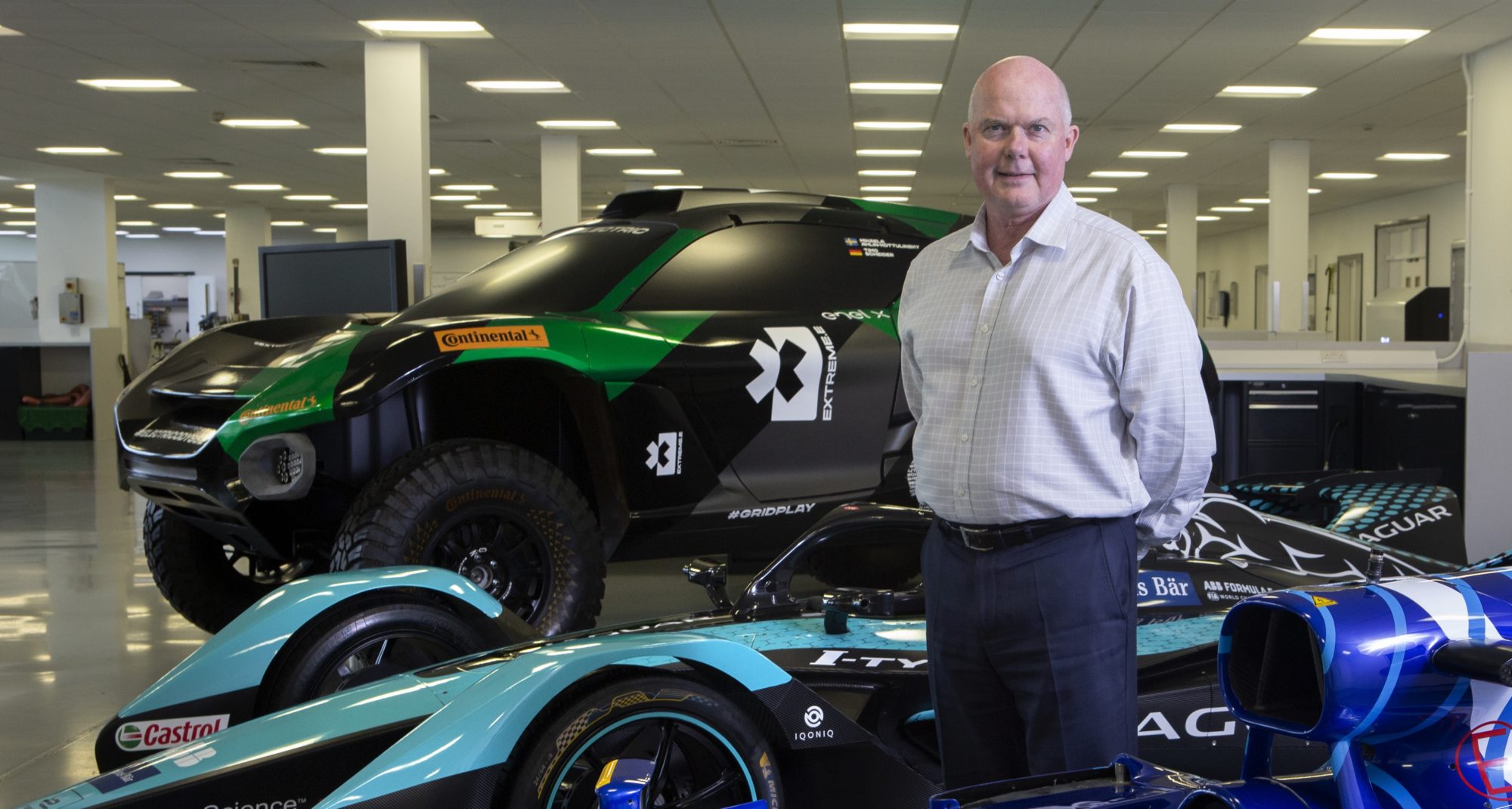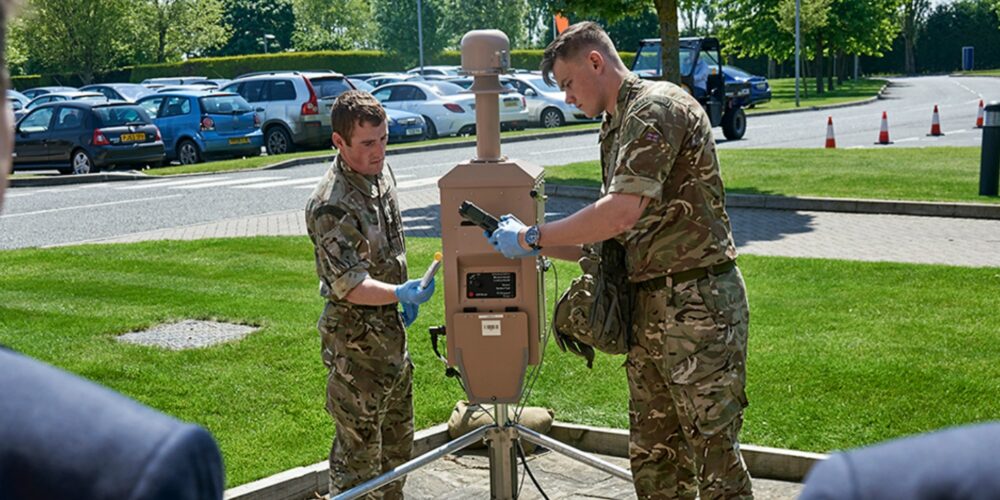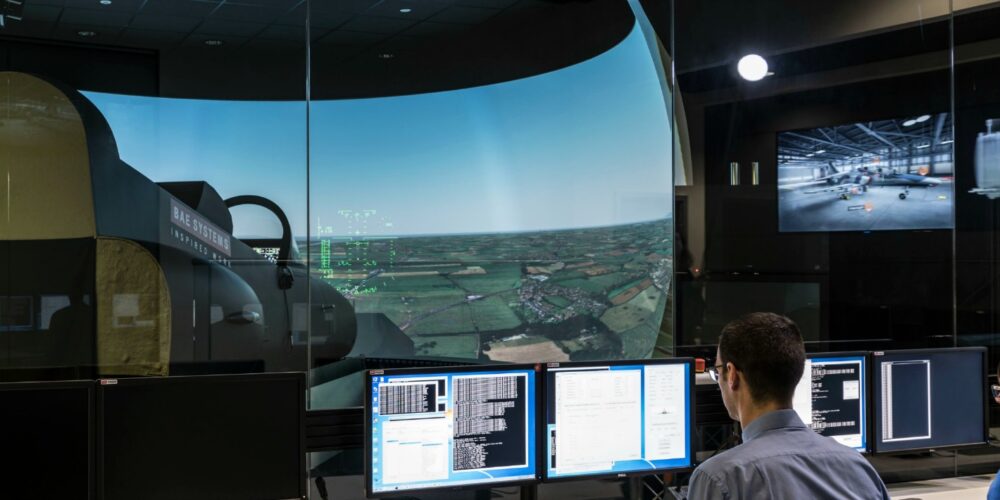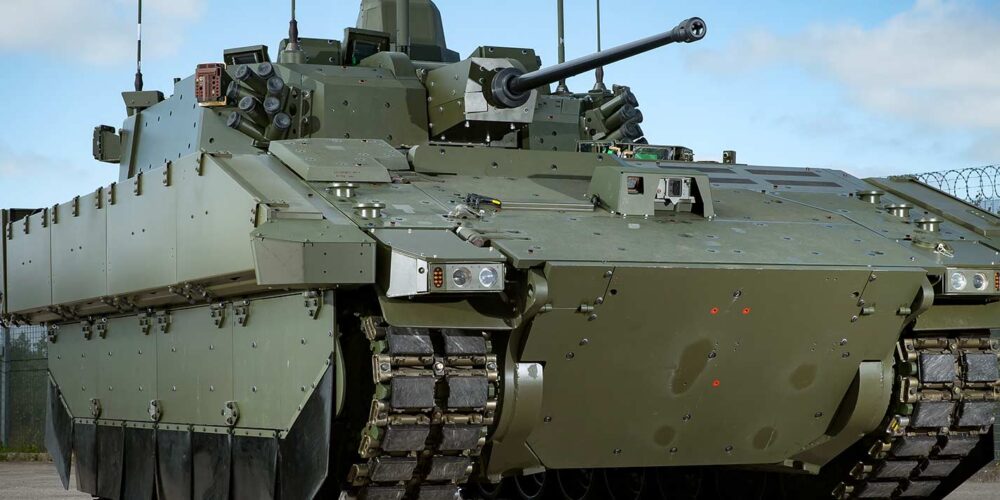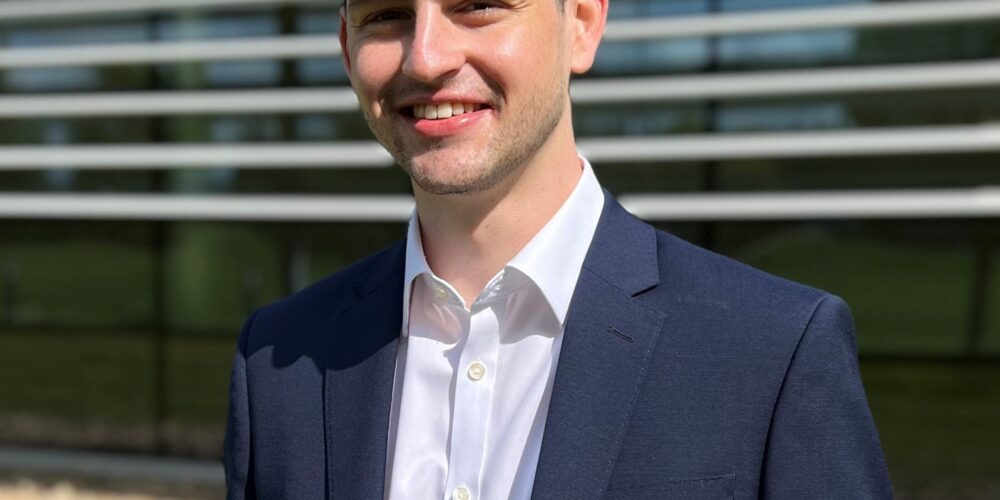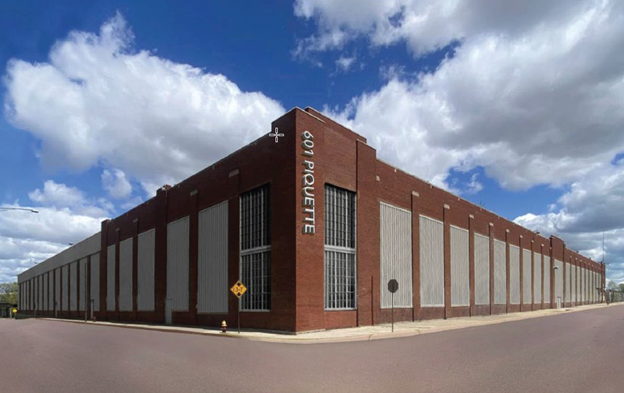- Joining WAE in 2013, Craig has overseen the strategic direction and growth of the company in the field of lightweight performance electrification
- “A technology and engineering services business we are delivering pioneering innovation to improve performance, efficiency and sustainability to a global customer base”
- “The biggest breakthrough for EV’s is the acceptance that EVs represent a compelling future mode of transport and that industries, governments, and consumers are starting to embrace this”
- “Legislation is driving change and creating an urgency for new technology”
What was your career path up to now?
I’ve always worked within engineering and manufacturing environments; starting my career as an engineering apprentice with Toyota in Melbourne, Australia prior to moving to the UK. I moved to the UK in 1988 joining Jaguar Sport where I held various technical and program management positions prior to joining TWR Group where I eventually became managing director, overseeing engineering and manufacturing programs such as the Aston Martin DB7, Volvo C70 and Renault Sport Clio V6. In 2005 I returned with to Melbourne where I was CEO of Walkinshaw Performance and director of Holden Special Vehicles responsible for the running of the Holden Factory Racing Teams in V8 Supercars. I joined WAE in 2013 where I am now CEO, having overseen the strategic direction and growth of the company in the field of lightweight performance electrification.
Tell us a bit about WAE as a company?
WAE is a technology and engineering services business delivering pioneering innovation to improve performance, efficiency and sustainability to a global customer base. We work across a number of sectors using our core competencies including simulation, electrification, light weighting, and aerodynamics to support our customer’s journeys through the sustainability challenges we’re all facing. We can be working on anything from a new battery system for a mining truck to a light weighting project for a major automotive or aerospace manufacturer.
In December 2019, Williams Grand Prix Engineering sold a majority equity stake in WAE to EMK Capital. We now have a greater ability to invest in new technologies and our own IP to further commercialize world leading electrification products in the future.
What big project(s) are you working on at the moment?
One of the larger projects we’re working on right now is for the Australian mining company, Fortescue Metals Group (FMG). Parts of the mining sector are looking to decarbonize in a drive towards zero emissions and the rate of change that’s needed is great. FMG have pledged very aggressive targets to decarbonize their operations by 2030 and they need help to deliver their ambitious plans. We’re currently working with them to design, build, test and integrate a battery system to power an electric mining haul truck; an important first step in decarbonization of their mining haul fleet. The project includes the design and construction of a bespoke battery electric powertrain with the ability to regenerate power as the truck travels downhill. The battery is being built at our facility in Grove, UK, and then shipped to Perth for integration into a 240-ton prototype haul truck for performance testing at Fortescue’s mining operations in the Pilbara, Western Australia.
Within the motorsport arena, Extreme E has been huge this year, supporting the launch of the series as sole battery supplier for all the teams. The demands on the battery are very intense and have required a totally different approach to any other electric racing series we’ve supported. Then there is the environment. This is a race with no defined track, no pitlane, no clean room for operational support and being held in some of the most remote areas of the globe in order to raise awareness of climate change.
I’m delighted to report that to date, we’ve had a 100% success rate in terms of both reliability and safety, despite some major crashes.
What have been the biggest technology breakthroughs for EVs in recent years?
The biggest breakthrough is the acceptance that EVs represent a compelling future mode of transport and that industries, governments, and consumers are starting to embrace this. Technically, we are seeing rapid advances in cell performance providing more energy and power along with improved overall battery pack performance and costs.
WAE has developed its own advanced Battery Management System and we are now able to extract maximum performance from a battery at cell and pack level combined with faster charging and state of health monitoring. We are now working on Cloud based systems to improve the ability to collect and manage battery data efficiently in large scale, in real time.
What major challenges does the EV industry face and how will it overcome them?
Legislation is driving change and creating an urgency for new technology – the EU has committed to being climate neutral by 2050; Japan to have net zero GHG emissions by 2050; and in the UK, the government has pledged to reduce 1990 emission levels by 78% by 2035. This growing sense of urgency to reduce global carbon emissions will absolutely require new ways of working and greater levels of collaboration across countries, governments, industry and civil society.
And it’s only by working together in a collaborative way that the EV industry will overcome the challenges and deliver a zero emissions future. Supply chains for the various materials and products required to support EV scale up will also require continued development and investment. The internal combustion engine has been with us for many decades with a very well developed and mature supply chain and manufacturing capability. This will need to be replicated in a fraction of the time to support EV scale up.
Charging infrastructure is also another area that will require joined up solutions being provided at scale, which needs to be between industry and governments.
What do you think will be the next big step for EV development?
Improved supply chain and manufacturing processes will see EV costs reducing which will be required to support wider adoption, I believe governments should also continue to support with subsidies required to assist EV take up and purchase decisions. We will see a move to greater energy dense and lighter battery storage technologies in the form of semi solid state and eventually solid-state technologies. Currently early working prototypes of these exist however only at small scale and high cost.
What has motor racing learned from the introduction of electrification?
Electrification has been a very steep learning curve for everyone, no matter the size of company or type of racing. You could say that we have had a unique view of how everything has developed because WAE has played a major role in electric racing series right from the start.

